The FIA and F1 engine manufacturers are to have a crucial meeting at the Bahrain Grand Prix, to discuss the potential return of V10 engines.
Speculation has grown in recent weeks that V10s, with fully sustainable fuels, could make a return to grand prix racing, with the planned 2026 engine regulations scrapped as the current rules are extended until the end of 2028.
For 2026, F1 power units are set to receive their biggest overhaul since the turbo hybrids were introduced in 2014 with the new generation of units set to feature beefed-up electrical systems and batteries capable of producing up to 350kw of energy, an almost 300% increase on the current 120kw.
The MGU-H is being removed from the units with the increased electrification seen as a positive step towards road car relevance with 100% sustainable fuel set to be introduced as F1 tries to lower its carbon footprint.
The new rules have enticed Audi into F1 as a works team for the first time, with Honda rejoining as a works operation after initially pulling out in 2021, citing its desire for increased electrification as a reason.
Ford is coming into F1 as a technical partner to Red Bull's in-house Red Bull Powertrains division, with General Motors also set to produce a works power unit in time for Cadillac to use in 2028, with Ferrari units set to be used as an interim measure after it joins the grid next season.
The return of V10 engines is deemed unlikely as F1 rules dictate that four of the five manufacturers - Mercedes, Honda, Audi, Ferrari and Red Bull Powertrains - must vote in favour of scrapping the new rules.
Given the fact that Audi entered F1 only because of these regulations, and would not have an engine capable of running to the current rules cycle until the V10s could potentially be introduced, it means the bid is set to fail.
But what do the leading F1 teams and power unit manufacturers make of a potential return of V10 engines?
Below, RacingNews365 has gathered the thoughts of some of the key figures.
Mercedes
If reports are to be believed, Mercedes has developed an advantage for itself for 2026, just as it did in 2014.
Speaking at the Japanese Grand Prix, team representative and director of communications Bradley Lord explained the stance of Mercedes.
"It probably doesn't make sense to voice too many opinions publicly before the meeting and I think everyone wants it to happen behind closed doors," Lord explained.
"As Toto [Wolff] said in China, we're open-minded but we also don't want to start a big public discussion that calls into question the incredible technology that is being developed at the moment at Brixworth and Maranello and at the other PU factories and that is going to anchor the sport for the next rules cycle.
"These are strategic conversations that are important for the sport, but also important to be behind closed doors in a way that allows us to debate the issues strongly without them being politicised or spun in an external forum.
"We will hold our counsel until the meeting has taken place to see what the outcomes are."
Ferrari
Speaking after the Chinese Grand Prix, Ferrari boss Fred Vasseur kept his cards close, but did offer his personal feelings on the matter.
"This is not the place to discuss this, we are here to discuss about the race, but the engines for 2030-2035, we will have time," he said.
"But If I can say, I would love one day to have a V10 or V12 in the car."
Red Bull
Red Bull boss Christian Horner signalled his openness towards a possible V10 return, citing the "DNA" of F1 as something which needed to be protected.
"It is an important meeting for the future landscape of F1, not in the short-term, but obviously in the medium to long-term," he explained.
"Formula 1 is in great shape at the moment and when you see the racing and how close it is, it is important we protect the DNA of the sport.
"We all have a collective responsibility that nothing will change in the short-term - 2026-2028, but longer term, we have all a collective responsibility to do what is right for the sport."
McLaren
McLaren will be a customer team in 2026, and will once again be powered by the Mercedes High-Performance Powertrains units created at Brixworth.
Speaking on the situation, boss Andrea Stella refused to rule anything in or out, only saying McLaren would do what is best for F1.
"We will certainly be watching how the process unfolds, but for us, it is very clear that the new regulations for 2026 are planned to go until 2030, and it seems like quite a big change of direction," he explained.
"Like always, McLaren has been very attentive to the interests of the sport, so as long as there is a clear, healthy process of assessing what is in the best interest of the sport, then McLaren will certainly be willing to be part of this process and look at the right solution for the sport.
"At the moment, the right solution is to go onto the new regulations and everyone responsibly gives their best and contributes to the success of the new regulations, because for us, contributing to the success is actually in the interest of the sport."
Audi
Audi's arrival for 2026 was regarded as something of a coup for F1, with the Ingolstadt-concern purchasing the Sauber team instead of creating an all-new operation.
The CEO and CTO of Audi is Mattia Binotto, an engine expert for Ferrari in the Michael Schumacher heyday, with his colleague, the veteran Beat Zehnder feels the V10 debate is wrong.
"For me, it is a discussion that should not have started at all, especially for 2028," Zehnder explained.
"The 2026 engine was the reason Audi joined and to change in 2028 would definitely be too early to change the engine, it doesn't make sense in my opinion."
Also interesting:
Join RacingNews365's Ian Parkes, Sam Coop and Nick Golding, as they reflect on the Japanese Grand Prix and look ahead to Bahrain. Max Verstappen's victory is a major talking point, as is McLaren's serious strategical weakness. Jack Doohan's struggles is also discussed.
Rather watch the podcast? Then click here!
Don't miss out on any of the Formula 1 action thanks to this handy 2026 F1 calendar that can be easily loaded into your smartphone or PC.
Download the calenderMost read
In this article
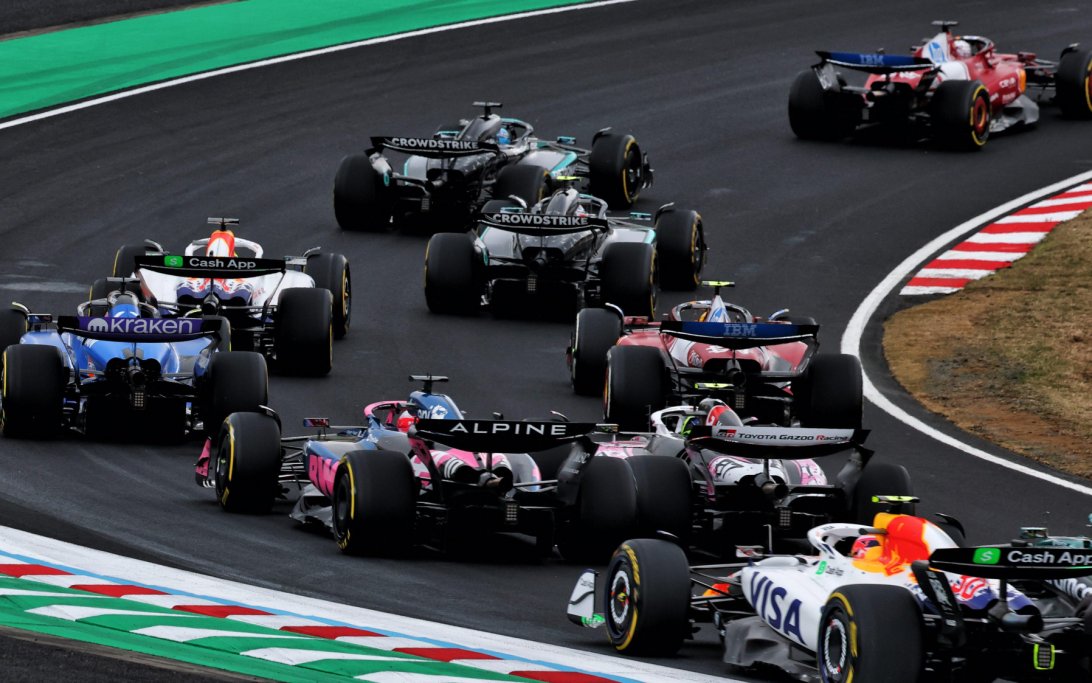
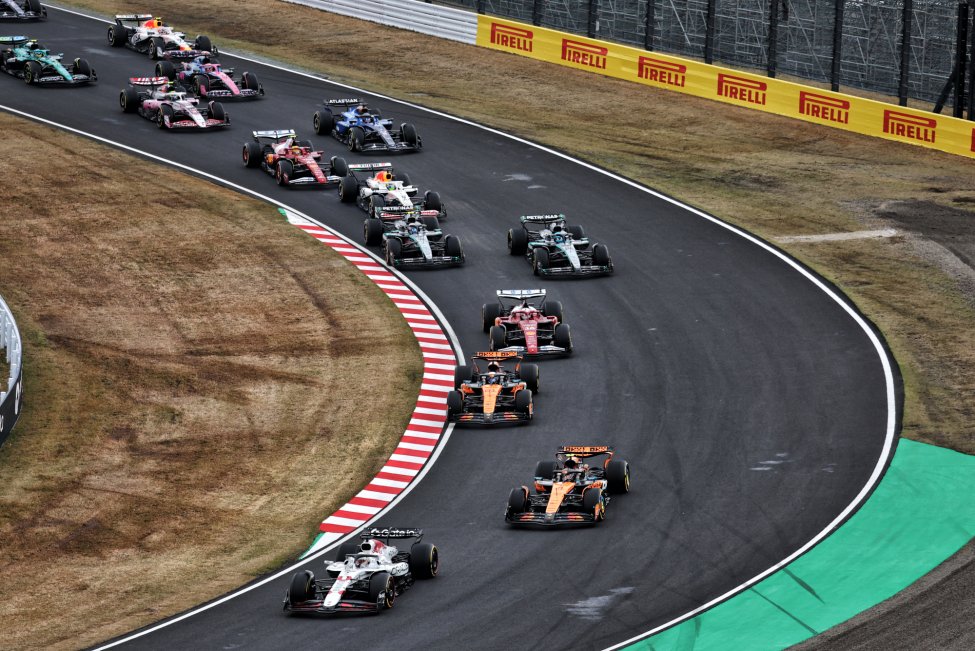
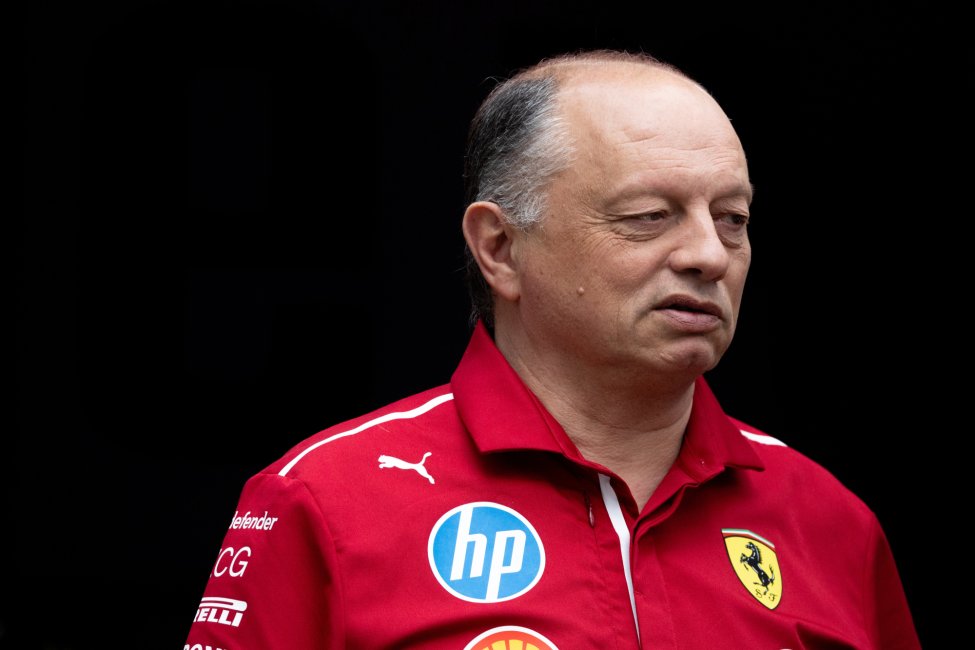
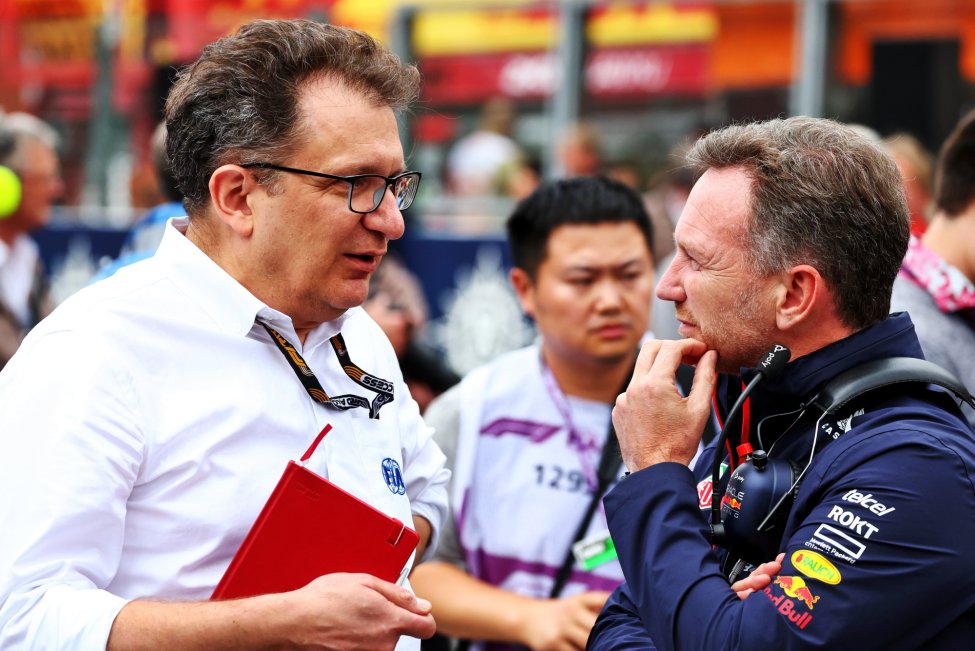
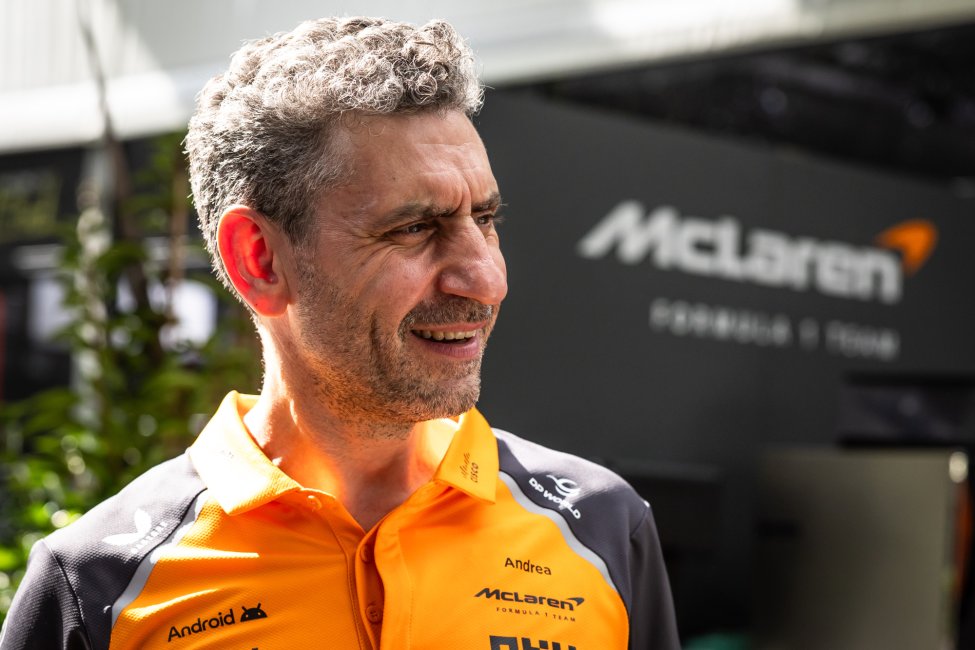
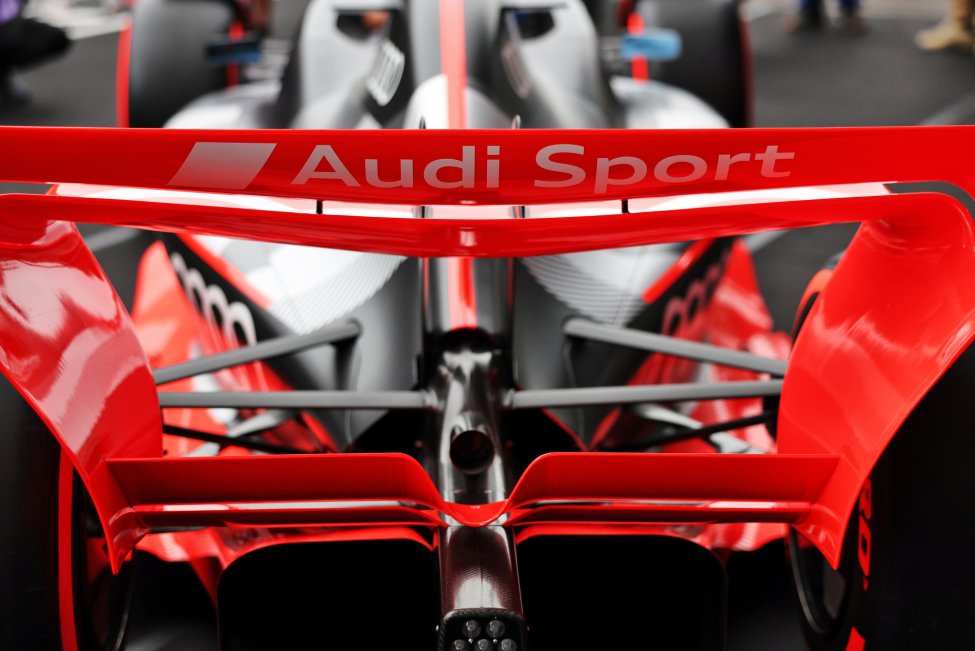


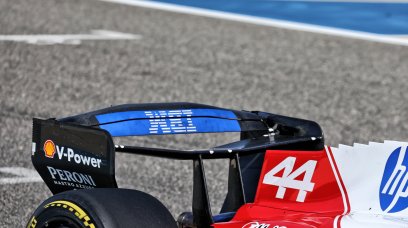
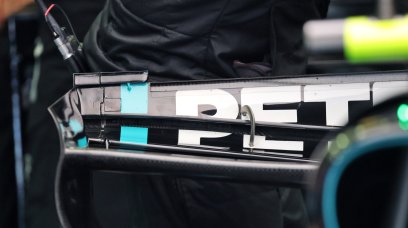
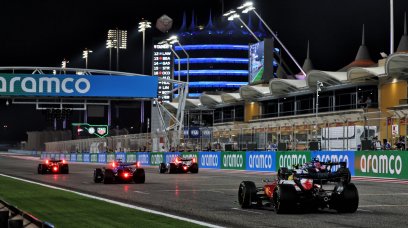
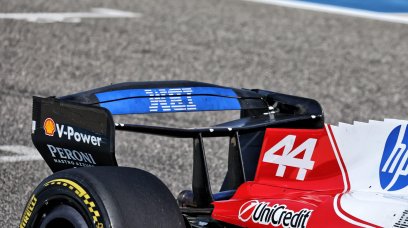
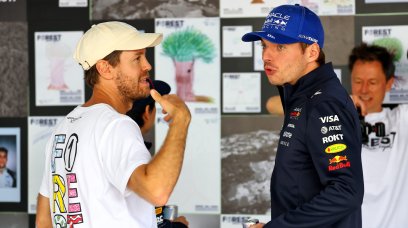
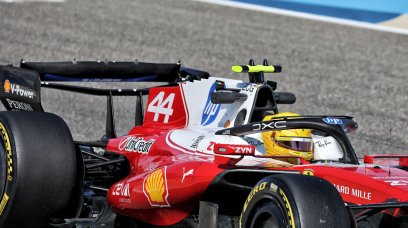
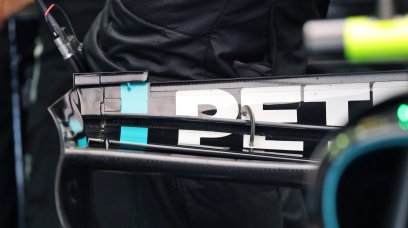
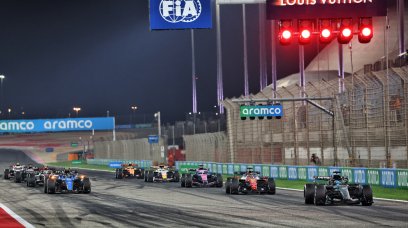
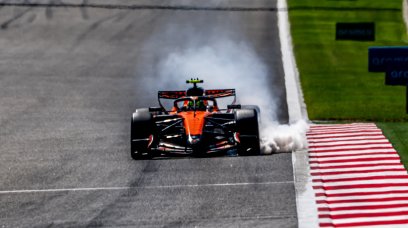
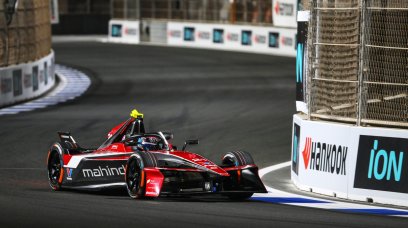
Join the conversation!